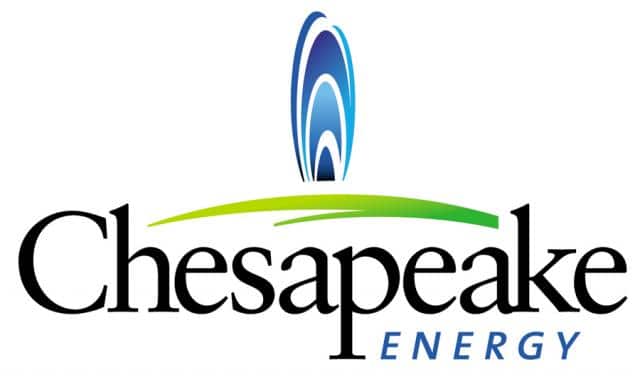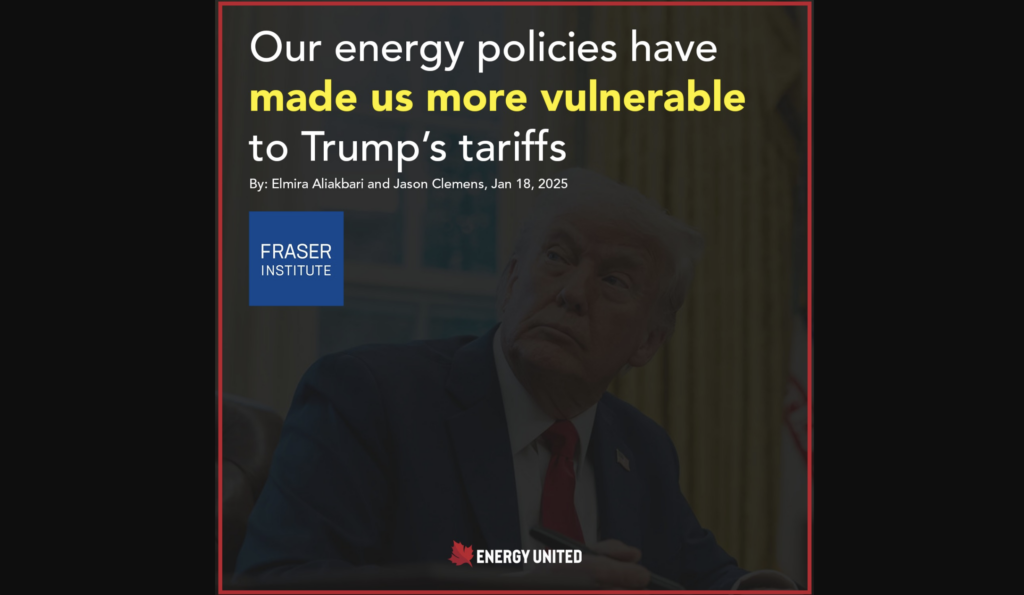Chesapeake Energy, a company that is no stranger to financial scandals, has found itself on the front page of the financial papers again. This time, the subject is taxes. Or how Chesapeake barely pays them.
Over its 23-year history, Chesapeake Energy, the second largest producer of natural gas in the U.S., and the company described by its founder and CEO Aubrey McClendon as “the biggest frackers in the world,” has earned roughly $5.5 billion in pre-tax profits. To date, the company has paid $53 million in taxes. That’s an effective tax rate of under 1 percent – a massive taxpayer subsidy.
The corporate income tax rate in the U.S. is 35 percent.
The Bloomberg article that exposed these stunning figures is quick to note that this is far less than the 12 percent rate that GE paid in 2010 that caused such public outrage, and even a tiny percentage of the 18 percent effective rate that Google had to answer for.
So how does Chesapeake pull this off? Mostly, it’s due to a rule written in 1916 that allows oil and gas producers to, according to Bloomberg, “postpone income taxes in recognition of the inherent risk of drilling wells that may turn out to be dry.
The break may be outdated for companies such as Chesapeake, which, thanks to advances in technology, struck oil or gas in 99.6 percent of its wells last year.“ When the policy was written, drillers struck “dry wells” roughly 80 percent of the time.
The rule allows for drilling costs to count as expenses against taxable income for the year the drilling takes place (and not defrayed over the life of the well). In effect, as long as Chesapeake keeps drilling new wells, it can keep deferring its income taxes indefinitely.
At the end of 2011, the company had a deferred tax liability of $3.4 billion, which would, in theory, come due if the company stopped spending money on new drilling.
Of course, as Brendan DeMelle reported earlier this year, Chesapeake routinely operates at what investors call “cash flow negative,” spending more than it earns, but beefing up revenue numbers with land sales and other financial manipulations. So don’t expect them to start paying their share of these massive earnings anytime soon.
And they’re not alone. As Bloomberg points out, other players in the fracking world enjoy similarly tiny tax responsibility:
While Oklahoma City-based Chesapeake is the biggest U.S. oil and gas producer with such low tax payments, it’s far from alone, according to the data that calculated several companies’ so-called long-run cash effective tax rates. Range Resources Corp. paid income taxes of about 0.4 percent of pretax income over the past decade, the data show. Southwestern Energy Co. paid 2.1 percent and EQT Corp. paid 5.3 percent, the data show.
How long will U.S. taxpayers put up with this unfair advantage enjoyed by the oil and gas sector? With a growing number of people already recognizing the fiscally responsible need to eliminate fossil fuel subsidies, this news that Chesapeake and other frackers are fleecing the public in one of the few areas where they are supposed to pay their share is not likely to sit well.
Subscribe to our newsletter
Stay up to date with DeSmog news and alerts







